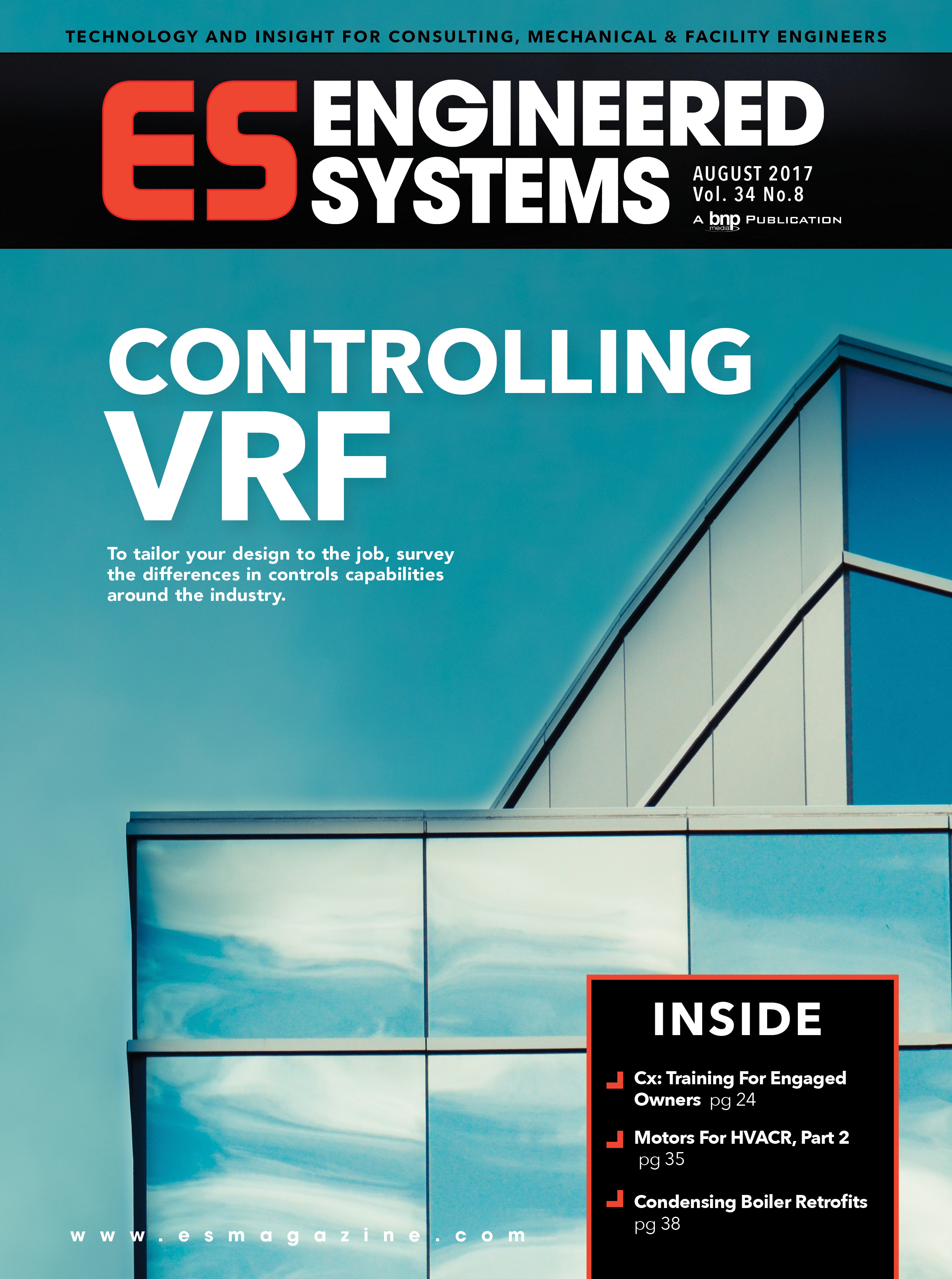Unfortunately for those owners, the design and construction industry is still trying to decide on a standard definition of commissioning and is a long way from having any two providers who do it exactly the same way. Therefore, commissioning cannot be lumped in with commodities such as corn, beans, and pork bellies.
Just Like Cars, Sort Of
A more appropriate, and often used, analogy is the automobile industry. When trying to explain commissioning to building owners, I've heard it stated that, "You would never accept a great looking car from a dealer if it didn't operate properly, suffered from backfiring, inoperable brakes, poor gas mileage, oil leaks, black exhaust, missing parts, cracked windshield, etc. Why would you accept a building that doesn't operate properly? A building is a much bigger investment and a longer-term commitment."
Automobiles are not commodities, either. A buyer does not shop for a "car" strictly by price then expect it to meet all other expectations. The car-buying adventure starts by narrowing choices by considering the "quality" of vehicle desired and the amount affordable to the buyer. An informed buyer will learn enough to determine whether the Chevrolet dealership or the Mercedes-Benz dealership (or something in-between) is the proper destination prior to setting out on a shopping trip. Once at the appropriate dealer, there are additional choices commonly known as options. Does the buyer want the low-end, stripped-down version of the dealer's line, or the top of the line with all of the bells and whistles?
What Does Commissioning Mean to You?
The same thought process needs to be used in procuring commissioning services. Before the owner even ventures out to talk with providers, the owner's representatives need to educate themselves about the quality of commissioning offered. I don't mean to imply that there are good quality and bad quality approaches, but if you stick with the automobile analogy, there are some that provide more value for more cost to those that can afford it (Mercedes). For those that can't afford it, there are acceptable and functional alternatives (Chevrolet).Owners need to understand where they stand in the range of opportunities. Once the affordable quality is determined, the next thing the owner needs to do is identify the desired options. Commissioning "options" include when commissioning is started; what systems are commissioned; level of on-site availability; level of testing, documentation, and training rigor; involvement of owner's operations personnel; team vs. lone ranger approach; etc.
In short, the owner needs to reach a comfortable definition of commissioning before he can go out and ask for competing bids to provide those services. To do otherwise will result in a confusing mess of apples, oranges, and grapefruit. (All are commodities, but none are necessarily the commodity the owner needs/wants.)
Simply selecting the low bid for something called "commissioning" (the commodity approach) is not the way to start or sustain a commissioning program. Imagine the odds of purchasing a "car" with no other description and being satisfied with the vehicle. The facility owner, despite being swamped with other responsibilities, needs to understand the commissioning process enough to define it and enforce its proper execution. Without that commitment, money spent on commissioning will not provide the value it could, and the owner will most likely be disappointed in the results.
Next month, I will take this theme into the execution phase of the commissioning process. The owner plays a critical, if low-effort, part in the successful implementation of a commissioning plan. ES



